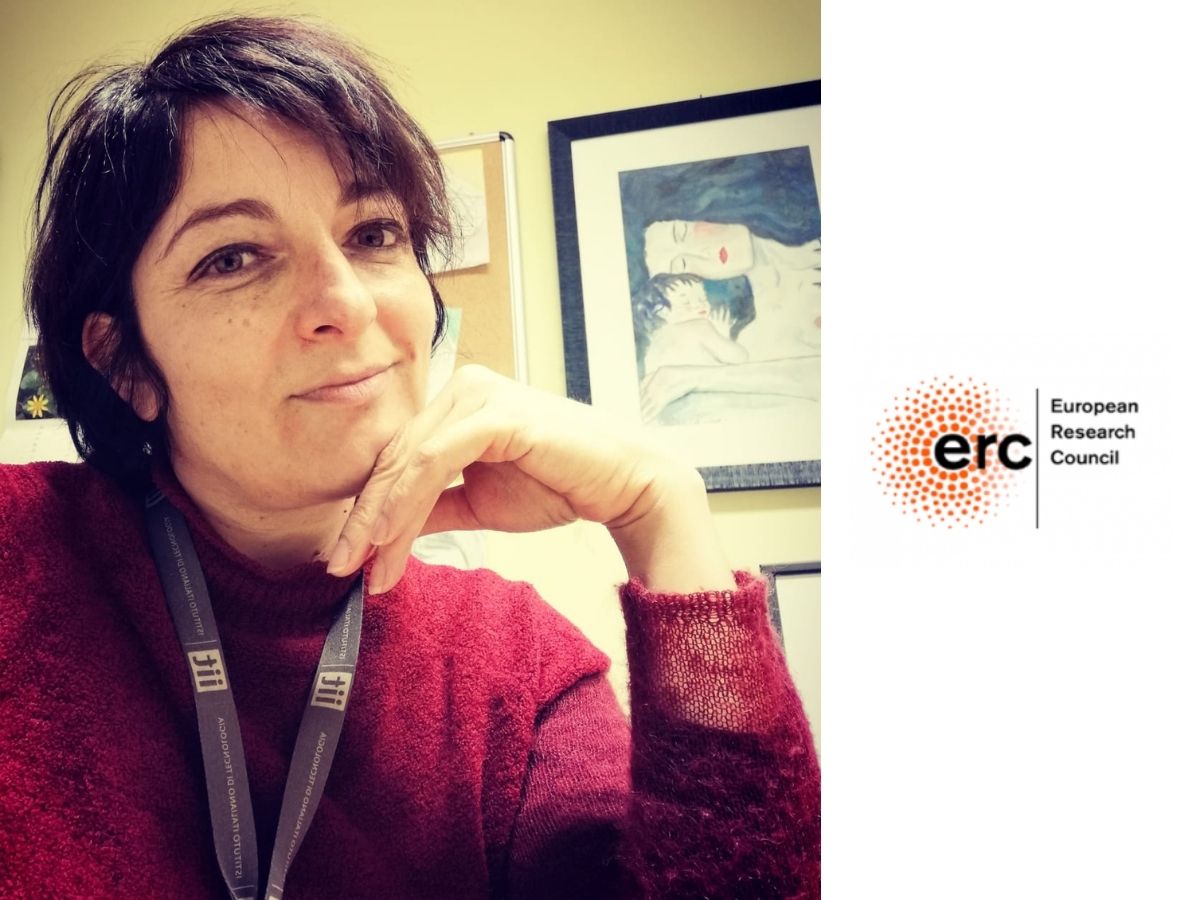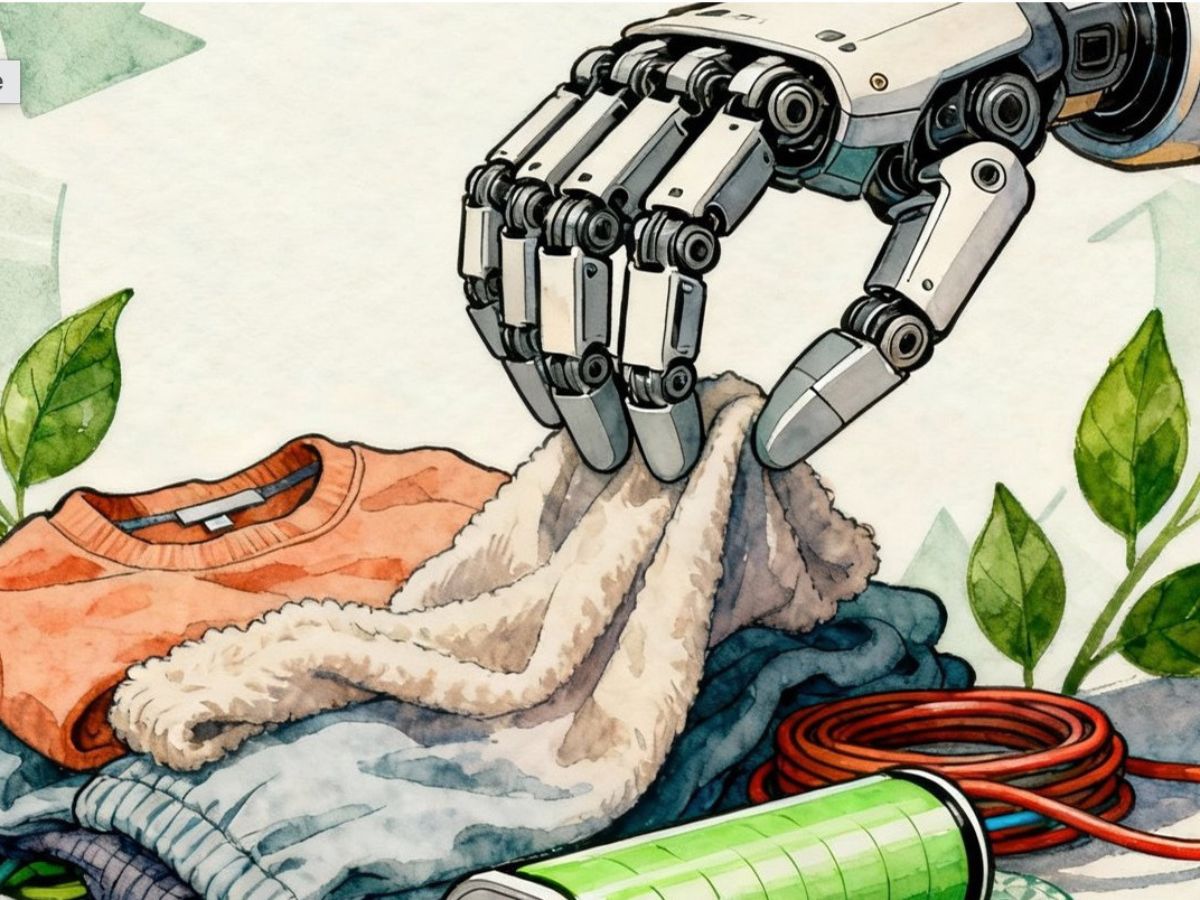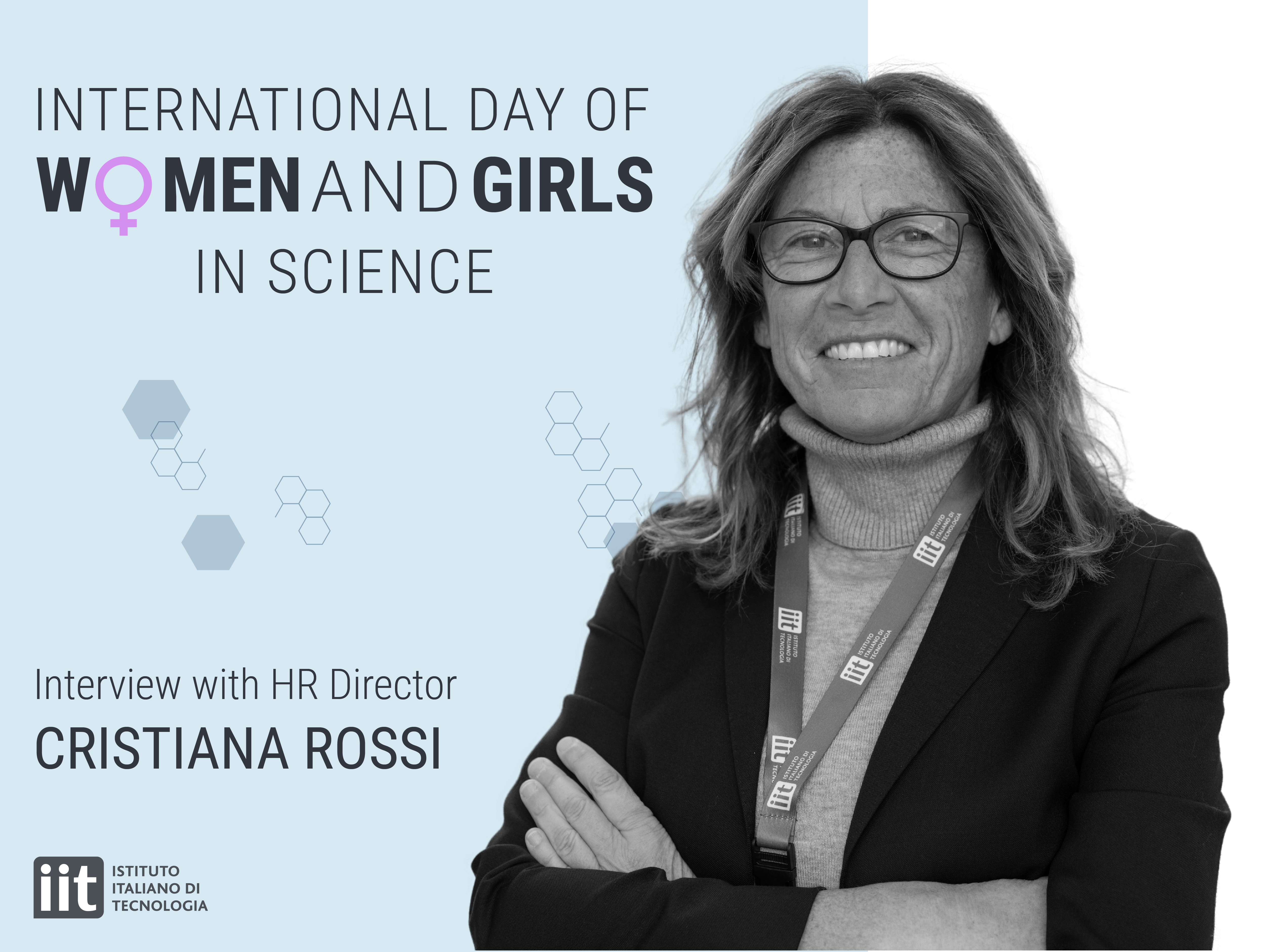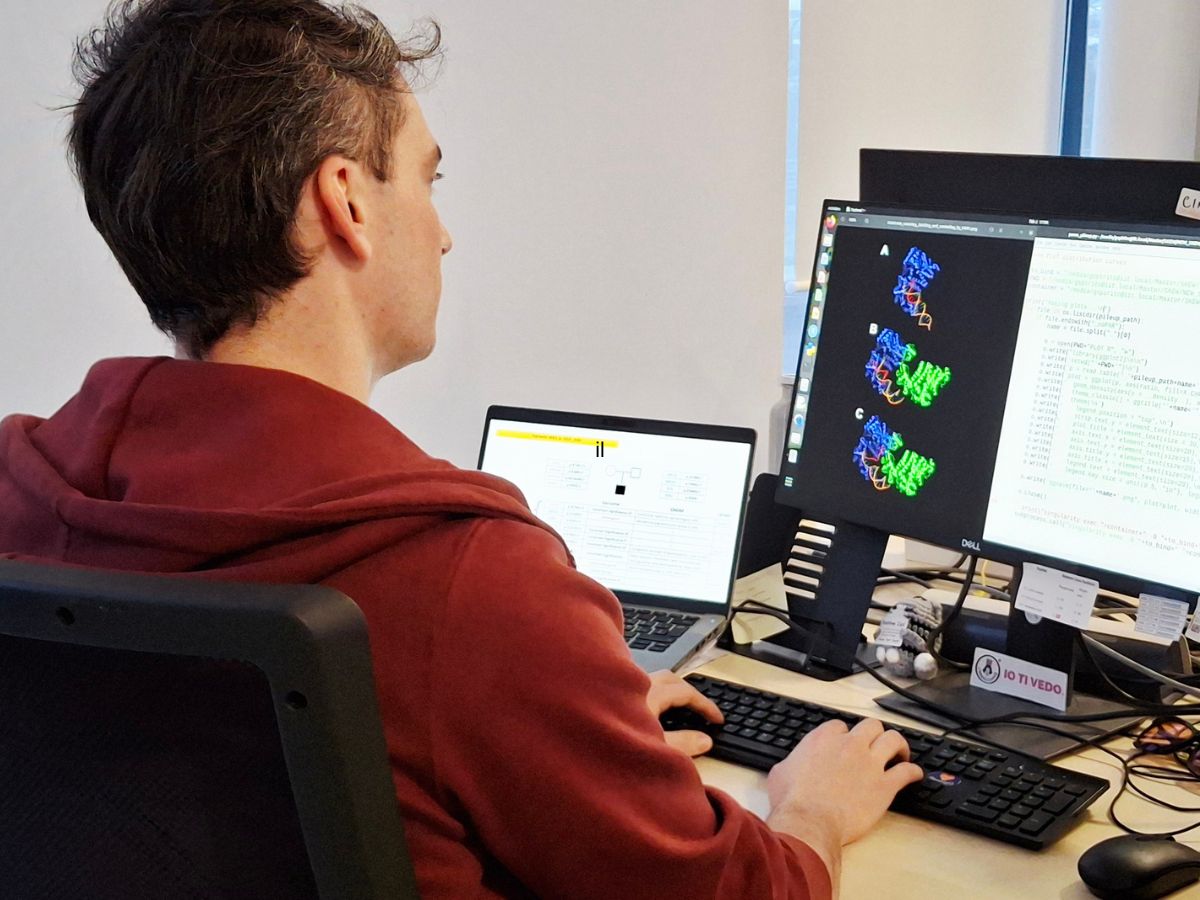313 researchers will receive funding from the European Research Council (ERC) for a total investment of 632 million euros. Only 11 of the award-winners will carry out their research in Italy, including Teresa Pellegrino, at her third project with the ERC.
Teresa Pellegrino, a chemist originally from Bari, Italy, Principal Investigator of the Laboratory of Nanomaterials for Biomedical Applications at the IIT-Italian Institute of Technology in Genoa, has been awarded by the European Research Council for her research project GIULIa. The project is dedicated to the development of magnetic nanoparticles to be accumulated at tumour metastases by means of smart microbots or of immune system cells, in order to treat tumours with magnetic hyperthermia and smart drug delivery. Pellegrino will receive funding of around 3 million of euro for the next five years, being at her third ERC grants awarded in 10 years.
The ERC official announcement was today and it regards the “Consolidator grants”, that are grants addressed to researchers with at least seven years of experience after their PhD, and aimed at consolidating their scientific activity on projects of excellence. The total European investment is €632 million, as part of the new research and innovation program ‘Horizon Europe’. The winning researchers are 313, of 42 different nationalities, who will carry out their projects in 24 European countries. There are 30 Italian awarded researchers (the second most represented country, after Germany), but only 11 of them will carry out their projects in Italy.
Teresa Pellegrino graduated and obtained a doctorate in Chemical Science at the University of Bari, then trained as a nanoscience researcher at the University of Berkeley (California) and at the Center for Nanoscience in Munich (Germany). Back in Italy, in 2005 she was a post-doctoral researcher at the National Nanotechnology Laboratory in Lecce, while in 2010 she became a permanent researcher at the National Nanotechnology Centre of the CNR (National Research Council of Italy), in Lecce. Since 2014, she is head of the Nanomaterials for Biomedical Applications group at the Italian Institute of Technology in Genoa. Over the last 10 years, her research has been funded not only by ERC but also by AIRC (Italian Association for Cancer Research), suggesting her commitment to cancer research.
The three ERC competitive funds, in particular, focus on the identification of new therapies based on nanoparticles. The first grant, the ERC-starting ‘ICARO’, won in 2016, aimed at developing inorganic nanoparticles for targeted heat-based release of anti-tumour drugs and, at the same time, their use in radiotherapy. The second, the ERC-proof of concept ‘Hypercube’, won in 2020, aimed at developing a procedure for the large-scale production of magnetic nanoparticles in the shape of nanocubes, to be used in magnetic hyperthermia to generate heat only at tumour tissue when exposed to external magnetic fields. This activity has generated two patents and a third one is in the pipeline.
The third ERC grant is the one achieved today with the GIULIa project, which aims at further develop magnetic hyperthermia technology to treat tumours by exploring two ways of delivering nanoparticles to metastases. On one hand, natural killer immune cells will be employed to carry the appropriate dose of nanoparticles for an efficient magnetic hyperthermia treatment of the metastases combined with the effects of immunotherapy. On the other hand, a micro-robot will be created that will move inside the body following the difference in heat generated by magnetic actuation, and that will also be able to move in the viscous tissue of the tumour.
The combination of heat and drugs will therefore make it possible to treat more precisely widespread and difficult-to-reach tumours and metastases, such as glioblastoma or breast cancer metastases. The results Pellegrino will achieve could have a positive impact in precision medicine, immunotherapy and health applied intelligent robotics.






